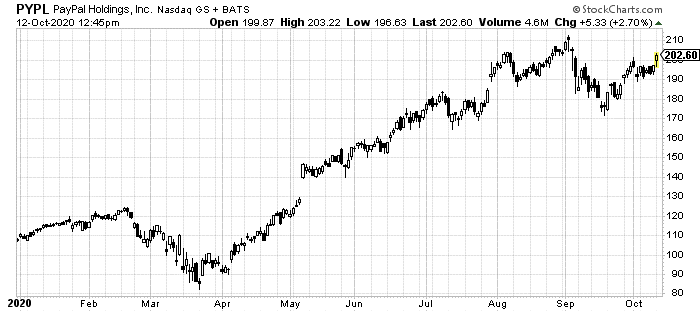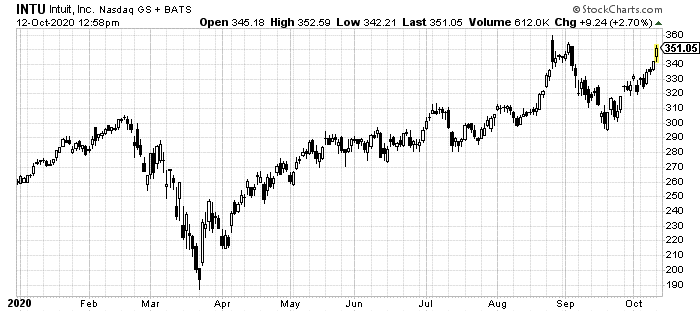COVID-19 has been one of the largest disruptions in recent history.
We’ve seen how it has affected work life for millions. Zoom calls, working from home, and completely getting rid of commutes have all been major changes in and of themselves.
But there’s another consequence to work-life that has been flipped on its head for many: the definition of a job itself.
When the pandemic first hit, millions were suddenly let go from their jobs. Many more saw their hours reduced and haven’t yet recovered.
But for some, this also created an opportunity. The number of people deciding to just go it alone and either start their own businesses or go freelance has skyrocketed.
In fact, with or without the coronavirus outbreak, this was already happening. But now that so many have been forced to give it a try, it is exploding.
A recent study shows that the number of freelancers last year in the U.S. hit 57 million. That’s a full 35% of the workforce. By 2028, that number is expected to reach 90.1 million freelancers.
With such a huge portion of the population turning to the gig economy, it has several ripple effects.
The same study indicating a near double in the number of freelancers also found that PayPal was far and away from the most used way for freelancers to get paid.
If you’ve watched what that gem has done this year, you might not be surprised by this link:

This connection between the rising number of freelance workers and those same new millions of workers going through PayPal to get paid is one reason why the company has done so well and should continue to remain at the top of its industry.
But this all creates a ripple effect. You see, getting paid is one thing. But reporting it come tax time is a bit different.
Because of the overly complex tax system we have in the United States, many people turn to tax preparation software like TurboTax.
Often, you can use these kinds of tax prep websites and programs for very little money. In some cases, you can use them for free.
TurboTax’s parent company, Intuit Inc. (NASDAQ: INTU), has gotten into a bit of trouble over the last few years for seemingly “tricking” customers into upgrading their accounts to pay for tax prep they don’t actually need.

Grab a piece of paper and pen to write this down…
Because you’re about to see the name and ticker symbol of the ONLY 5G STOCK every investor should own.
You can get the name and ticker of this company right here, no strings attached. But you better act fast…
Because the Federal Communications Commission, the government agency in charge of 5G, just scheduled a major announcement that would send shares soaring once announced.
Don't miss out. Click Here to Get #1 5G play for 2020 before the next market close.
Many of these cases have been settled. And Intuit has made some changes to its marketing and user options.
But that doesn’t mean Intuit is losing here either. Freelancers do need those upgraded accounts. They do need to pay extra for the additional forms they need to fill out each year.
This is actually a huge boon for Intuit. You can see it in its performance.

The company’s fiscal year just ended in July. That’s actually perfect because that was when this odd year’s tax season finally ended.
Intuit saw revenues spike 13% from its previous year to $7.7 billion. And all of that was during a period when nearly every other company was laying off workers and the economy was seizing up.
What happens when the economy actually does start humming along again? When these millions of new customers for Intuit start actually making real money at their new freelance gigs?
The company is set to have an even higher growth rate in the coming years.
As I noted above, the number of freelancers is expected to nearly double to 90 million over the next eight years. And a vast majority of them will need to pay Intuit each tax season.
That doesn’t even factor in the company’s other products like QuickBooks, which help those same freelancers handle their own books and invoicing throughout the year.
This might not be the ground floor, as you can see investors have already been pouring into the company’s stock.
But it does remain an enormous, emerging profit opportunity.
To your prosperity and health,
Joshua M. Belanger
Executive Publisher & Founder